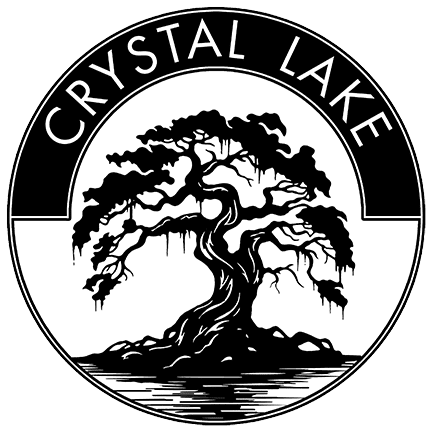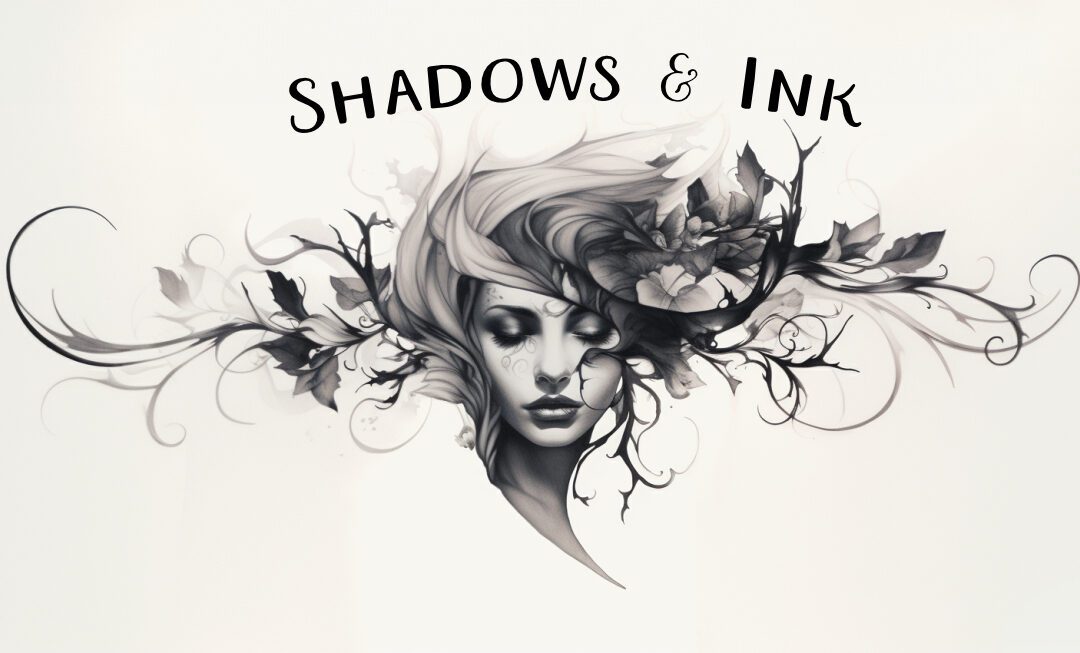Why We Love a Good Scare:
Horror is much more than just entertainment; it’s an electrifying journey that taps into our deepest fears. This genre, not suited for the faint-hearted, mesmerizes us with its power to stir deep emotions. Far from being merely a pursuit of thrills, it allows a safe exploration of our psyche’s shadowy corners. For us as horror writers, grasping this allure is essential. Our role isn’t just to weave terrifying tales, but to delve into the complexities of fear and mystery. Horror provides a platform to face our innermost anxieties and society’s forbidden topics in a thrilling yet controlled setting. As creators, our challenge is to capture this essence, crafting stories that leave a lasting impression and provoke thought well beyond the final page.
Horror has an undeniable magnetic pull, functioning like an emotional rollercoaster. It brings to life our primal fears in a manageable way, akin to a controlled dance with danger. Additionally, horror acts as a reflective surface for contemporary concerns, evolving to represent fears from technological advancements to social isolation. More than just tales of the supernatural, horror becomes a narrative about real-world anxieties.
From Fan to Author:
It’s a familiar path for many of us in the horror writing community: our journey begins not with a pen in hand, but with a book or a movie that sends shivers down our spine. Remember the first time a horror story truly scared you? That jolt of adrenaline, the quickening of your heart, the irresistible urge to look over your shoulder—that’s where many of us started. This initial thrill, this electrifying encounter with fear, plants a seed that often blossoms into a desire to craft our own dark tales. But why do we find ourselves drawn to this genre? What is it about horror that captivates us so?
Firstly, our love for horror is deeply rooted in the shared human experience of fear and curiosity about the unknown. Horror taps into universal emotions and experiences, making it a profoundly relatable genre. As fans, we engage with horror to explore these fears in a safe and controlled environment, allowing us to experience and understand our anxieties in new ways. This exploration is vital, not just for personal enjoyment but for our growth as writers. By immersing ourselves in the genre, we become students of fear, learning the subtle art of suspense, the pacing of a good scare, and the development of atmosphere.
As authors, our relationship with horror evolves. We transition from experiencing fear to orchestrating it. Crafting horror stories is an intricate dance between terror and intrigue. It’s not just about dredging up what scares us personally—it’s about creating a universal language of fear that resonates with a wider audience. We become puppeteers of the macabre, carefully pulling the strings to manipulate emotions, build tension, and deliver those spine-tingling moments that horror fans crave.
Moreover, continuing to read within the genre is crucial for our growth and inspiration. Each horror story we read is a lesson in technique, a glimpse into the vast array of fears and themes that can be explored. It exposes us to different styles and approaches, from the psychological twists to the cosmic horrors. By reading widely, we not only enjoy the thrill of horror but also absorb the craft from a variety of perspectives, enriching our own writing. I’d even recommend reading outside the genre for this very reason.
Writing horror is also about understanding the delicate balance between the known and the unknown, the seen and the unseen. As authors, we learn to navigate this balance, understanding when to reveal a terrifying truth and when to leave something lurking in the shadows. This balance is a skill honed over time, sharpened by both reading and writing extensively in the genre.
In this journey from fan to author, we must not lose sight of our role as avid readers. Our passion for reading horror feeds our creativity as writers. It keeps us connected to the ever-evolving landscape of the genre, ensuring our stories remain fresh, engaging, and terrifying in equal measure. By remaining voracious readers, we stay tuned into the pulse of horror, understanding its trends, its timeless themes, and its boundary-pushing possibilities.
Ultimately, the transition from horror fan to horror author is a journey of deepening our understanding and appreciation of fear. It’s about taking the thrill we feel when reading a terrifying story and transforming it into the thrill of creating one. As authors, we wield the power to evoke the primal emotions of fear and anticipation, crafting tales that linger in the shadows of our readers’ minds long after the final page is turned. So, let’s keep reading, keep writing, and keep exploring the dark corners of the human psyche. After all, that’s where the best stories hide.
Harnessing Psychology to Engage Horror Readers
To truly grip our readers, we need to play a bit with their minds. Building suspense is key—it’s all about what might happen rather than what is happening. The less they know, the more their imagination works overtime.
Characters matter a lot in horror. If readers care about who’s in peril, they’re way more invested in the story. This emotional connection makes the fear feel real and personal.
And here’s a tip: mix familiar horror elements with something new. It’s like giving readers a safety blanket but with a few unexpected chills thrown in.
Horror is more than just a genre; it’s an exploration of our deepest, darkest fears. For us authors, understanding this is key to creating stories that stick with readers long after they’ve finished the book. Our aim? To craft tales that not only spook but also strike a chord deep inside.
Remember, the best horror stories are those that haunt our thoughts, playing on our fears and dreams. That’s the magic we, as horror writers, strive to achieve.
Post in the comments below if there are any topics you want me to cover next week.
Take care,
Joe Mynhardt

